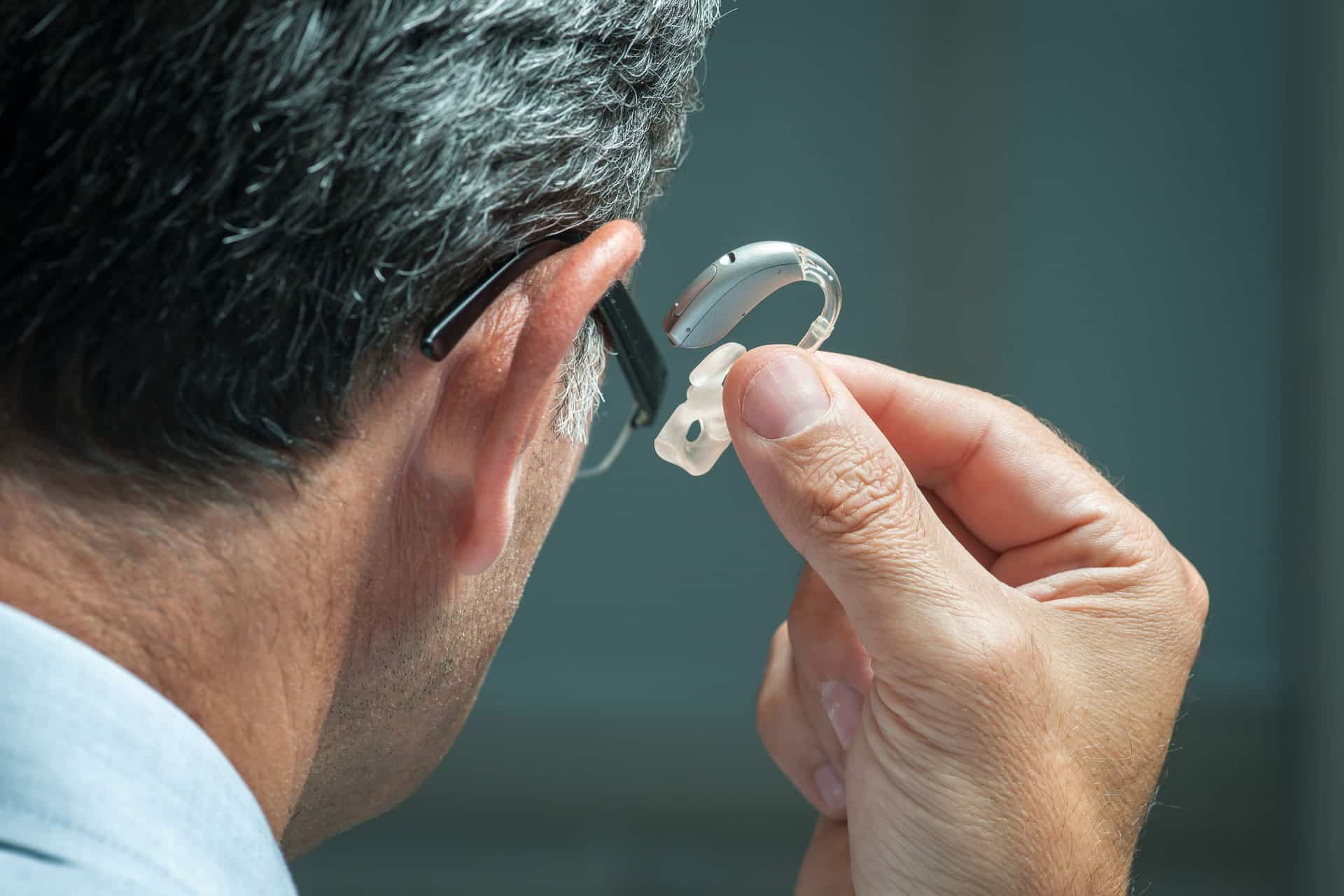Delivery in 2-3 working days
The importance of hearing for language development
Hearing plays a crucial role in a child's language development. But what happens when the child has difficulty hearing? Here we will discuss the topic in detail.
The basis: How does hearing work in children?
One of the first examinations newborns undergo immediately after birth is hearing screening. Why is this so important? Well, hearing is essential for the development of speech and communication skills.
Hearing works like a complex system in which sound waves are transmitted through the middle ear to the inner ear. The eardrum and tiny bones in the middle ear amplify the sounds. Then the inner ear converts them into electrical signals that are sent to the brain. If this process is impaired by any disorder, it can lead to hearing problems that affect language development.

The link between hearing and language development
From the first month of life, children begin to respond to sounds and eventually imitate them. This ability to absorb and process auditory stimuli is the cornerstone of language development. In the first few years, the child learns a variety of words and phrases. Imagine if this ability were limited. How would that affect language development?
There are many causes of possible hearing impairment or hearing loss in children. A common example is middle ear infections and tympanic effusions, which can occur especially in the first year of life. It is also possible that the child has a hearing impairment from birth.
An untreated hearing impairment can have serious effects on language development. When children cannot hear properly, they may have difficulty forming and using words and sentences correctly.
The good news is that early intervention and support can minimize the impact of hearing loss. With the right help, children can learn to communicate effectively and reach their full potential.
Detection and treatment of hearing disorders
Parents and pediatricians should watch for possible abnormalities in a child's hearing. Some signs may be:
- The child does not respond to sounds or names.
- It speaks delayed or slurred.
- It hears TV or music louder than normal.
If such signs are observed, parents should consult their pediatrician. It is important to identify and treat the causes of a possible hearing impairment at an early stage. Examinations by an ENT doctor can help determine the extent of hearing loss.
The treatment of hearing disorders can vary. For example, antibiotics or ear tubes may be used for earaches or middle ear infections. In the case of congenital hearing loss or hearing impairment, hearing aids or cochlear implants can help.
Tips for parents
Parents play a critical role in their children's language development. Here are some tips to support your child:
- Pay attention to your child's response to sounds and voices.
- Encourage active listening through games and activities.
- If you suspect a hearing impairment, seek medical attention immediately.
It is clear that hearing is a crucial factor in language development. Hearing disorders can interfere with this development, so it is important to watch for possible signs and seek medical help when needed. With the right support, children can communicate effectively and lead full lives despite hearing disorders.



